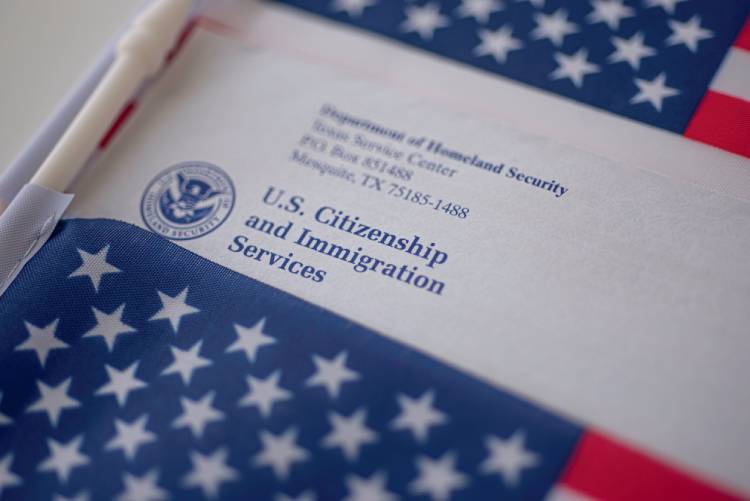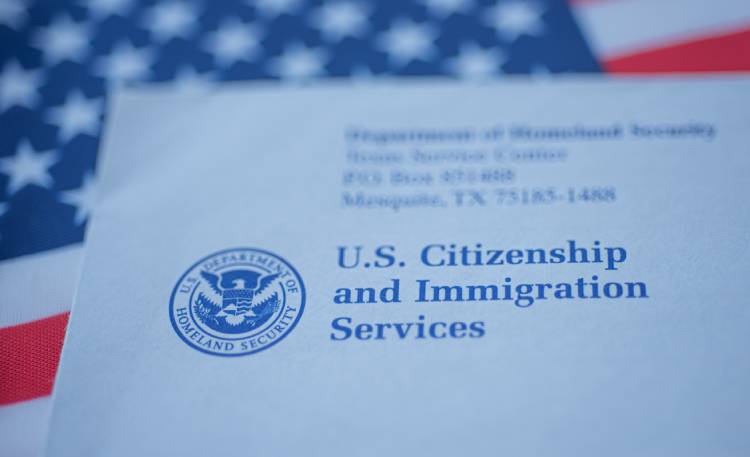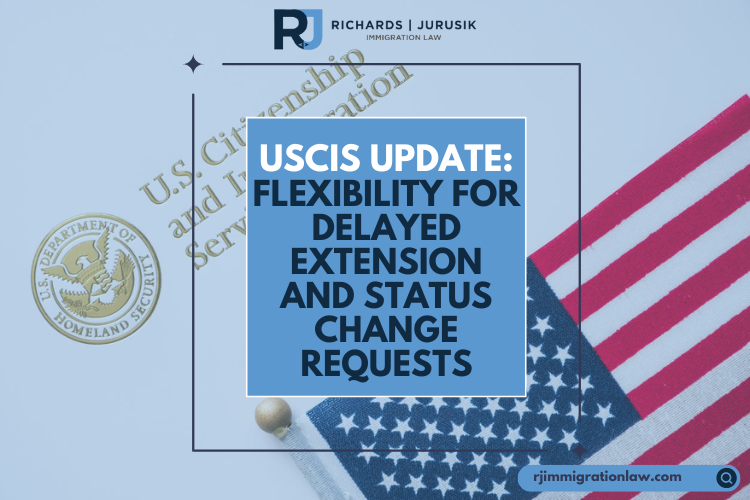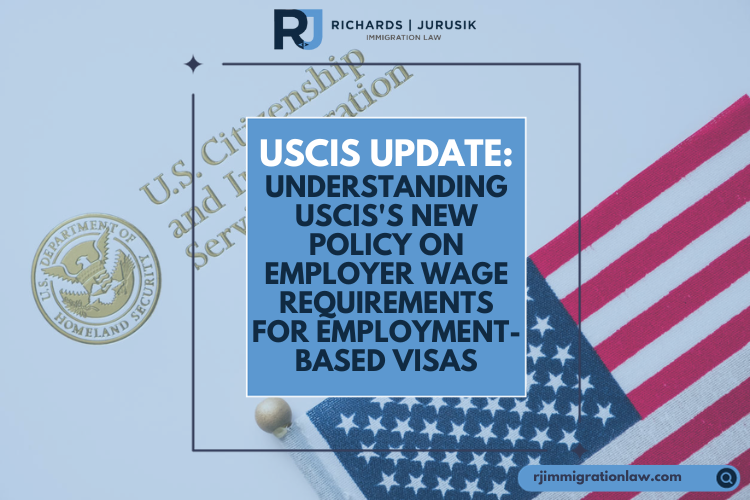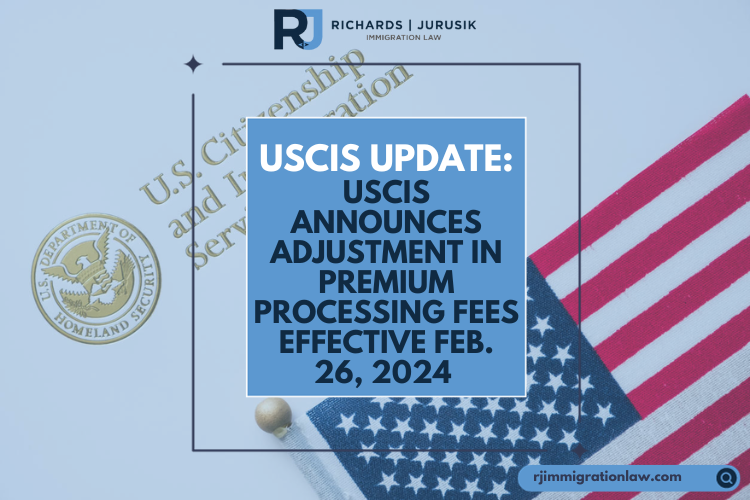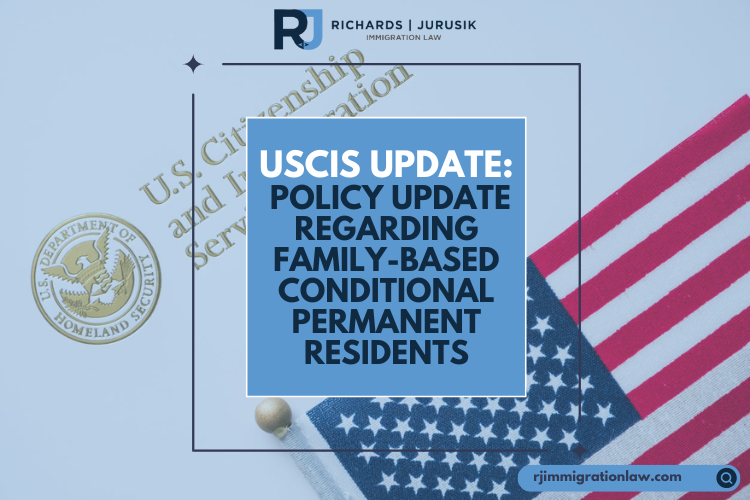USCIS Adopts New “Science or Art” Definition for PERM
U.S. Citizenship and Immigration Services (USCIS) has updated its policy manual. This update incorporates the U.S. Department of Labor’s (DOL) definition of “science or art” into USCIS procedures, specifically affecting Schedule A and Group II cases. This blog post delves into the details of this policy change and its implications for employment-based 2nd and 3rd preference (EB-2 and EB-3) petitions.


